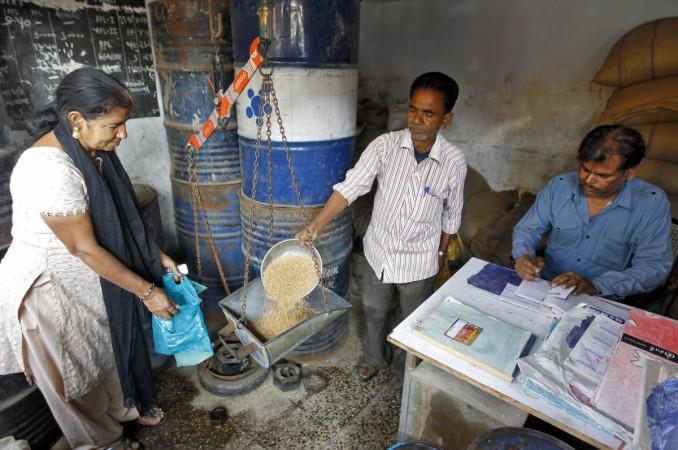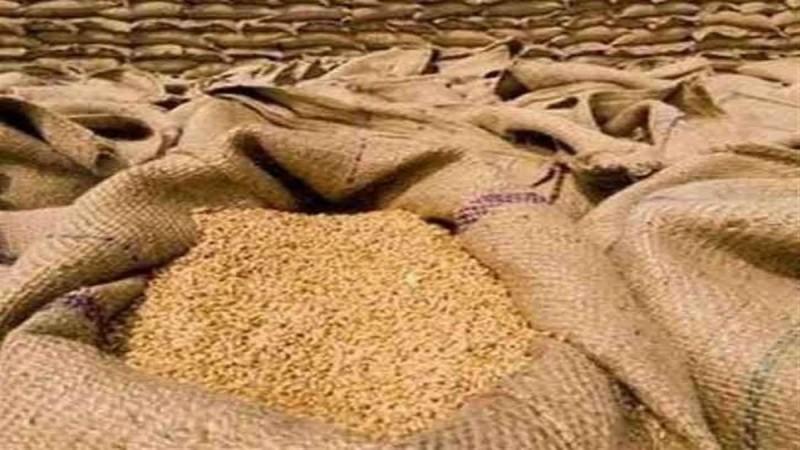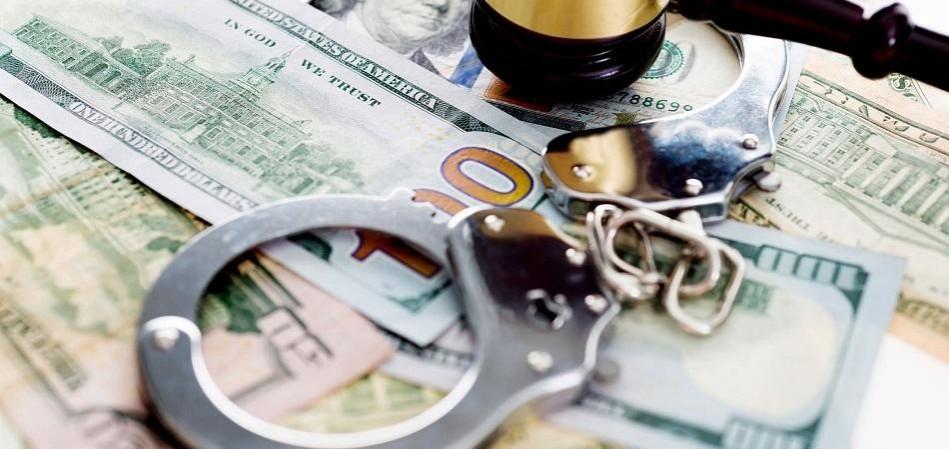After detecting nearly 10 lakh bogus beneficiaries getting subsidized ration from the outlets of the Department of the Food and Public Distribution, the Jammu and Kashmir Government has saved an amount worth Rs 230 crore by distributing ration only to the deserving people.
Over the last four years, Jammu and Kashmir has witnessed a remarkable transformation in its Public Distribution System (PDS).
Through a series of innovative reforms and technology-driven initiatives, the government has successfully eliminated leakages, enhanced efficiency, and ensured the benefits of PDS reach the deserving beneficiaries.

The official spokesman of the government said that the decision to seed Aadhaar cards with PDS beneficiary records has been a game-changer in ensuring transparency and preventing leakages. By linking beneficiaries' Aadhaar information to their ration cards, the system has become foolproof, eliminating the possibility of duplication and ensuring that only eligible individuals receive the benefits.
All eligible households cover under PDS net
The successful implementation of the National Food Security Act (NFSA) has played a crucial role in reaching out to the most vulnerable sections of society. By achieving a 100% Ration Card Level under the NFSA, the government has ensured that no eligible household is left out of the PDS net.
To streamline the distribution process and bring in more accountability, the administration converted 6,413 out of 6,735 Point-of-Sale (PoS) machines to online status.
Additionally, 322 PoS machines were put in offline mode, primarily to cater to areas with limited internet connectivity. This tech-driven approach has not only expedited the distribution process but also reduced the scope of malpractices and ensured real-time monitoring.

Minimize human intervention to ensure hassle-free distribution of ration
With over 93% of PDS transactions being conducted online, the beneficiaries now draw their ration through Aadhaar authentication. This has not only minimized human intervention but also empowered the beneficiaries with a convenient and hassle-free process. The authentication system has also made it easier to track the movement of food grains, thus ensuring efficient stock management.
By implementing the One Nation One Ration Card (ONRC), the government has facilitated seamless portability, enabling beneficiaries to avail of their entitled ration from any PDS outlet across the country. This has been of immense help to transient populations and has further strengthened the food security network.
The government's meticulous de-duplication exercise led to the deletion of one million ineligible beneficiaries from the PDS system. This exercise not only ensured that the benefits reached the truly deserving ones but also saved substantial resources and reduced the burden on the exchequer.

Technology used to detect bogus ration cards
The combined impact of technology integration, Aadhaar authentication, and de-duplication has resulted in substantial financial savings. The streamlined PDS has saved over Rs 230 crores and efficiently distributed 1.6 Lakh MTs of food grains to the needy population.
By leveraging technology, embracing Aadhaar authentication, and implementing innovative schemes like ONORC, the administration has set an exemplary precedent for other states to follow.
The elimination of leakages, improved efficiency, and significant cost savings are clear indicators of the successful implementation of these reforms. The reformed PDS system stands as a shining example of how good governance can positively impact the lives of the most vulnerable and marginalized sections of society.

Earlier J&K Govt detects over 10 lakh bogus beneficiaries
Jammu and Kashmir Government has earlier detected more than ten lakh bogus beneficiaries, who were getting subsidized ration from the outlets of the Department of the Food, Civil Supplies and Public Distribution across the Union Territory.
Reports said that fake ration cards were detected during the e-verification process which was launched to single out duplicate cards. After getting information regarding fake ration cards, the department has started re-verification of all cardholders through Aadhaar cards.
During a meeting with Union Secretary, Department of Food & Public Distribution, Sanjeev Chopra, Commissioner Secretary of Food Civil Supplies and Consumer Affairs Zubair Ahmad informed in April this year that Aadhaar seeding has facilitated the removal of more than a million bogus beneficiaries.
He informed the Union Secretary that there are 24.80 lakh ration card holders in J&K covering a population of 96.74 lakh beneficiaries with cent percent Aadhaar Seeding.










